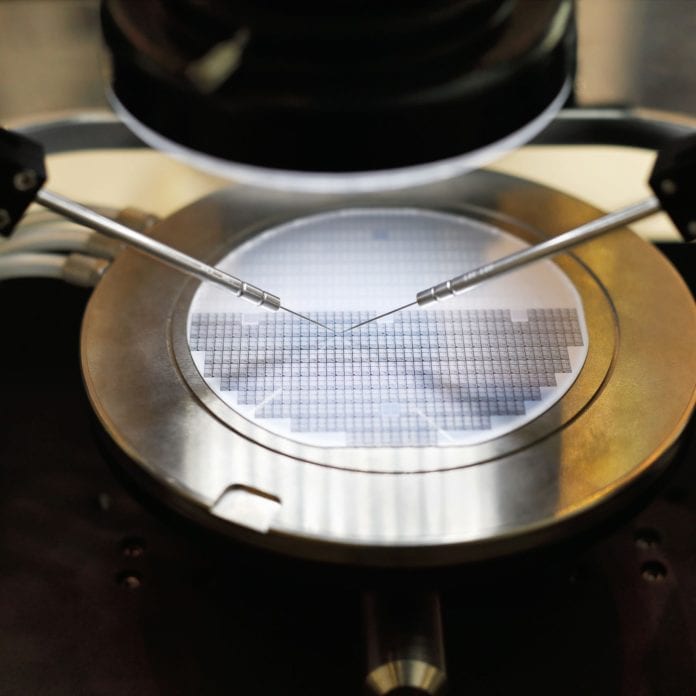European Chips Act seeks to more than double production by 2030
The European Union unveiled a new program to increase local semiconductor manufacturing. Its advocates hope to more than double Europe’s global chip output by 2030. The European Chips Act earmarks an additional €15 billion for public and private investment in semiconductors. That’s on top of €30 billion in existing commitments to the tech industry.
Semiconductor supply chain dependency has become a pressing national security issue for world governments in the wake of the pandemic. COVID-19 lockdowns laid bare fragile semiconductor industry supply chain issues: semiconductors are foundational technology throughout manufacturing. Their shortage has had a ripple effect on numerous industries.
The European Chips Act and similar legislation in the United States both seek to reduce the tech industry’s dependency on foreign semiconductor foundries. In February, the U.S. House of Representatives passed the America COMPETES Act. The act provides $39 billion in direct manufacturing subsidies. Congress has earmarked some of that money to boost Open RAN development efforts.
The European Chips Act has two main goals, according to E.U. President Ursula von der Leyen.
“The first goal is, in the short term, to increase our resilience to future crises by anticipating and thus avoiding supply chain disruptions. And the second part is, of course, looking at the mid-term, and there to make Europe an industrial leader in this very strategic market,” said von der Leyen.
Doubling semiconductor output means quadrupling efforts – EU President
President von der Leyen recognized the challenge in the E.U.’s 2030 marketshare targets.
“Right now, we are at 9%, we want to go to 20% in 2030. But knowing that the demand in the global market will double during that time, it basically means quadrupling our efforts,” she added.
The European Chips Act provides funding for research on energy-efficient chip design and Artificial Intelligence (AI), semiconductor manufacturing and production, supporting innovation and bolstering the supply chain, with an eye towards global cooperation.
“It should be clear that no country – and even no continent – can be entirely self-sufficient. This is impossible. Europe will always work to keep global markets open and to keep them connected. This is in the world’s interest; it is in our own interest, too. But what we need to tackle are the bottlenecks that slow down our growth, as we are just experiencing it right now. And therefore, Europe will build partnerships on chips with like-minded partners, for example the United States or for example Japan. It is about balanced interdependencies and it is about reliability,” said President von der Leyen.

